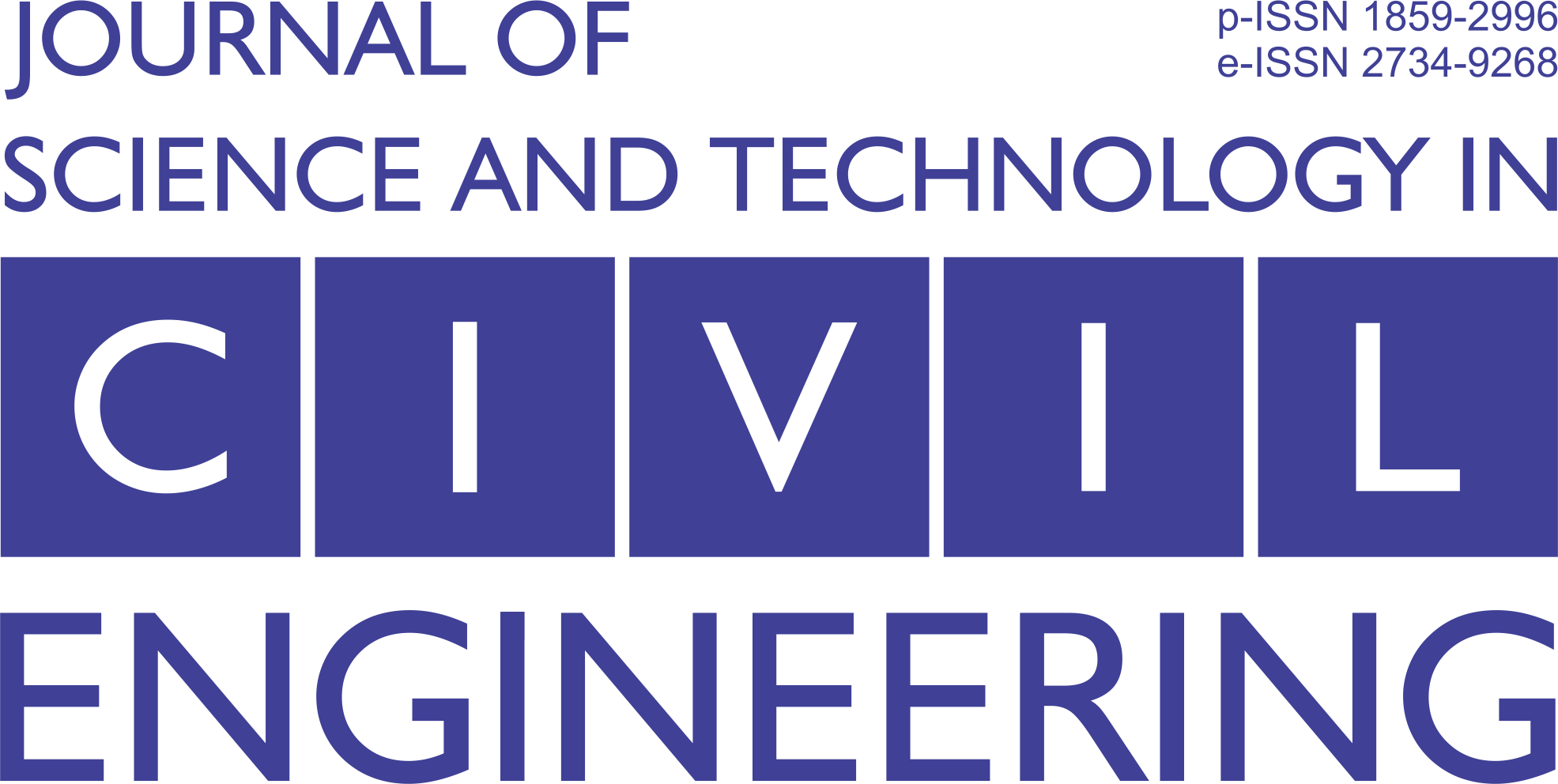NÂNG CAO HIỆU QUẢ XỬ LÝ CHẤT THẢI NHÀ TIÊU HỘ GIA ĐÌNH - NHỮNG KẾT QUẢ BƯỚC ĐẦU
Tóm tắt
Việc tái sử dụng an toàn chất thải người và nước tiểu trong nông nghiệp có nhiều lợi ích, vừa tăng nguồn dinh dưỡng cho đất, tăng sản lượng cây trồng và tạo thêm thu nhập cho hộ gia đình từ việc tiết kiệm phân hóa học, đồng thời tạo thêm điều kiện tiếp cận với các dịch vụ chăm sóc sức khỏe và giáo dục. Tuy nhiên, trong điều kiện Việt Nam với việc bổ sung chất độn thường xuyên khiến hố chứa phân nhanh đầy cùng với nhu cầu sử dụng phân bón liên tục (2 đến 3 lần trong năm), chất thải từ các nhà tiêu khô thường không an toàn về mặt vệ sinh khi tái sử dụng do không đảm bảo thời gian lưu giữ phân theo hướng dẫn của Bộ Y tế và của Tổ chức Y tế Thế giới. Mục tiêu của nghiên cứu này là tìm hướng giải pháp nhằm giảm thời gian ủ phân đảm bảo tái sử dụng an toàn chất thải nhà tiêu. Kết quả thực nghiệm giải pháp ủ phối trộn chất thải sinh hoạt giàu hữu cơ với chất thải nhà tiêu trong điều kiện hiếu khí đã cho thấy hiệu quả tiêu diệt mầm bệnh cao, E.coli giảm từ 106 xuống 102 CFU/g TS sau 4 tháng ủ, đảm bảo an toàn vệ sinh cho việc tái sử dụng chất thải.
Từ khóa: Ủ compost; phân; nhà tiêu; mầm bệnh.
Nhận ngày 25/6/2014, chỉnh sửa ngày 10/7/2014, chấp nhận đăng 10/9/2014
Tải xuống
1. Tác giả chuyển giao toàn bộ bản quyền bài báo cho Tạp chí Khoa học Công nghệ Xây dựng (TCKHCNXD) – Trường Đại học Xây dựng Hà Nội (ĐHXDHN), bao gồm quyền xuất bản, tái bản, truyền tải, bán và phân phối toàn bộ hoặc một phần bài báo trong các ấn bản điện tử và in của Tạp chí, trong tất cả các phương tiện truyền thông được biết đến hoặc phát triển sau này.
2. Bằng cách chuyển giao bản quyền này cho TCKHCNXD, việc sao chép, đăng, truyền tải, phân phối hoặc sử dụng toàn bộ hoặc một phần bài báo bằng bất kỳ phương tiện nào bởi Tác giả đều yêu cầu phải trích dẫn đến Tạp chí một cách phù hợp về hình thức và nội dung, bao gồm: tiêu đề của bài báo, tên các tác giả, tên tạp chí, tập, số, năm, chủ sở hữu bản quyền theo quy định của Tạp chí, số DOI. Khuyến khích đưa kèm đường dẫn (Link) của bài báo đăng trên trang web của Tạp chí.
3. Tác giả và công ty/cơ quan chủ quản đồng ý rằng tất cả các bản sao của bài báo cuối cùng được xuất bản hoặc bất kỳ phần nào được phân phối hoặc đăng bởi họ ở dạng in hoặc điện tử như cho phép ở đây sẽ bao gồm thông báo về bản quyền theo quy định trong Tạp chí và trích dẫn đầy đủ đến Tạp chí như được công bố trên trang web.







